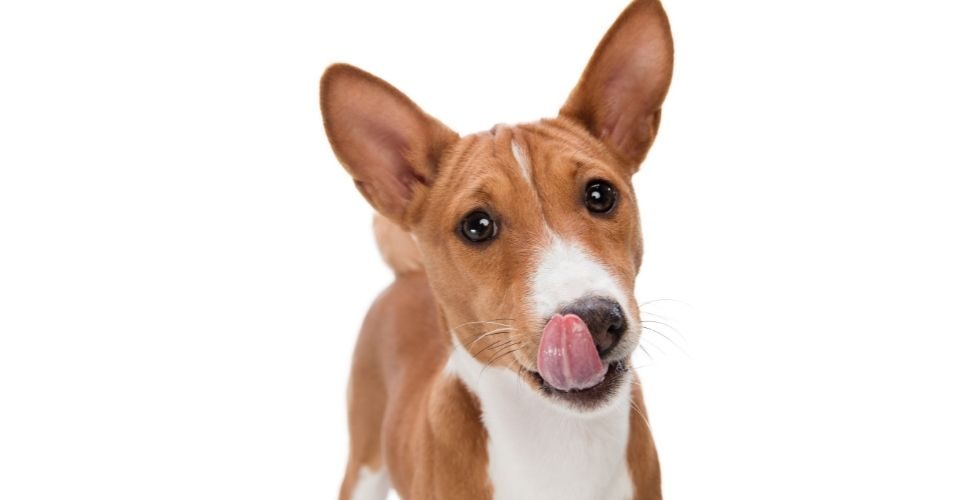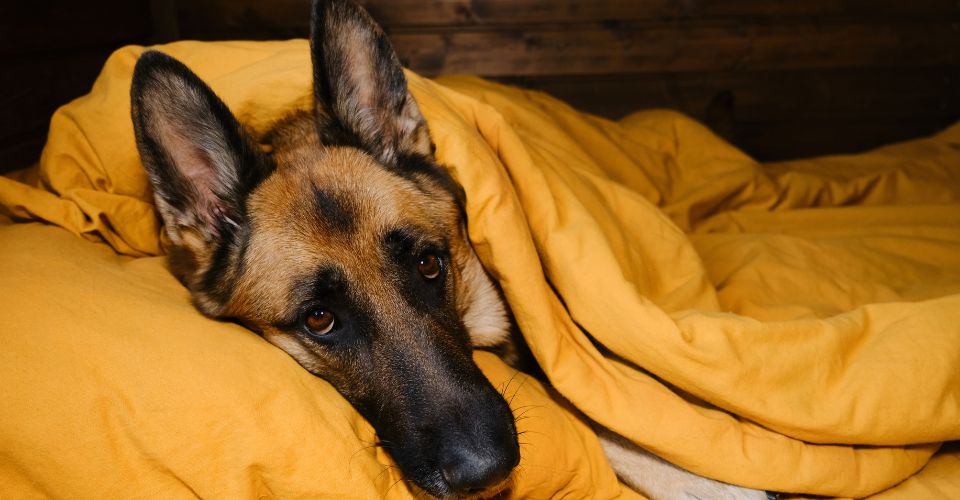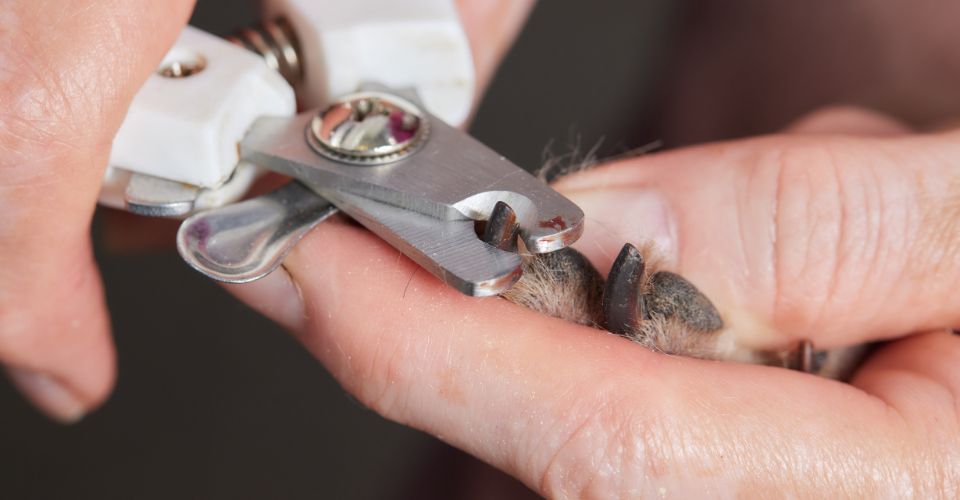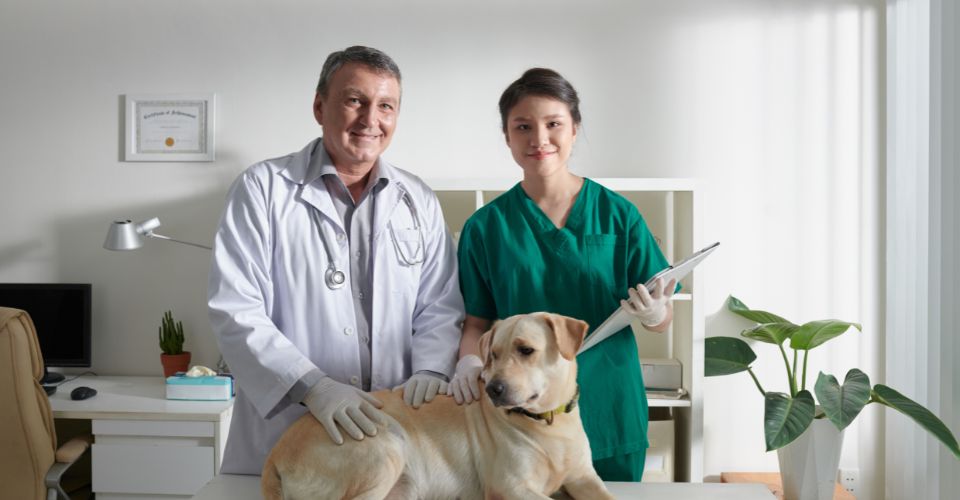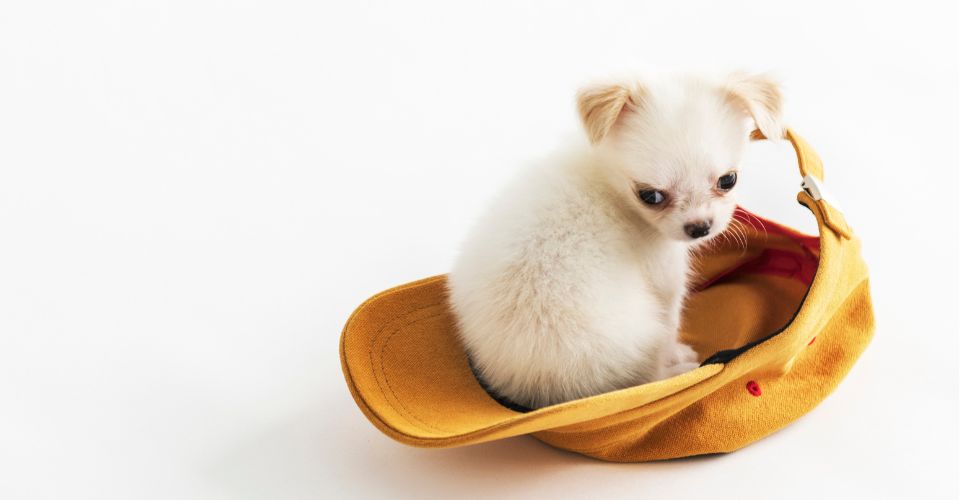Can a dog eat butter? Is butter good for them? Does adding butter to his diet affect his health?
Being a dog owner, you can have these questions in mind. There is nothing bad about feeding your dog a small quantity of butter. However, butter is full of fat; it won’t have many benefits for your dog, so adding butter to their daily diet is not recommended. In fact, it is advised against. To begin with, making butter an integral part of your dog’s staple will only lead to weight gain and increase the risk of developing pancreatitis in dogs.
To know more about how dogs eat butter and other effects on your dog, keep reading!
Can Dogs Eat Butter?
Yes, dogs can technically eat butter! It is not listed as toxic by The American Society of Prevention to Cruelty Against Animals.
But to be on the safe side, it’s better to avoid giving your butter. If your dog has consumed butter in small quantity, he should do just fine.
Adding butter to your dog’s diet is not a great idea as butter is only a rich source of fat. Taking so much fat in the diet can make your dog ill. Though butter has vitamin A and B16, these nutrients are easily available in other foods. Hence it doesn’t have great nutritional value for them. However, it doesn’t have any harmful substances which are toxic for dogs, such as grapes or xylitol.
There are other alternatives to butter; you can make use of them if you want to give your dog something new. But before changing your dog’s diet, it’s better to discuss it with the vet first.
Health Benefits of Feeding Butter to Dogs
Butter is a rich source of fat, made by churning the cream of cow’s milk. It consists of around 99 percent fat and only 1 percent of protein. Is this much fat better for them?
No. Dogs need only 14g of fat per day. Butter, in contrast, contains 12g in one tablespoon. Feed them one tablespoon of butter, and their daily fat needs may exceed the allowed limit.
Cultured butter is a good source of vitamins A and B12. But why rely on butter when these vitamins can be obtained from other healthy sources. Considering the risks, butter doesn’t have any nutritional benefits for dogs. If you still want butter, add it to one of their favorite meals, only in very scant quantity—though even this is not recommended.
Do Dogs Like Butter?
As is the case with many other animals, dogs prefer calorie-rich diets. Butter has a high amount of calories, around 717 calories per 100g. It is salted, has a creamy texture, and gives a wonderful flavor that dogs find delectable. So, yes, dogs—most of them—do like butter.
Possible Health Concerns Due To Feeding Butter to Dogs
Butter may be dangerous to your dog if consumed in large quantities. Because of its high-calorie content, store-bought butter is a common cause of dog weight gain and obesity, as well as the lack of vitamins and minerals in most varieties.
Another problem is that most dogs have lactose intolerance and cannot eat dairy items like butter—butter is made from milk that contains lactose. Check for symptoms of an stomach upset, such as indigestion, bloating, gas, or diarrhea, in your dog if he consumes butter without you noticing it. Get your dog to the vet right away if these symptoms are severe.
Can Dogs Have Allergy With Butter?
Your dog is likely allergic to butter since it is a dairy product made of milk. “Milk and other dairy products are known to be one of the top allergens found in dog foods.” Canines are particularly sensitive to such allergens in dairy products.
Your dog is likely to be more intolerant to butter than allergic to it. Since most dogs are lactose intolerant, meaning that they lack the enzyme that breaks down lactose, hence, intolerance. So, like lactose-intolerant people, they can’t digest dairy as an adult and get stomach cramps and gastrointestinal irritation as a result.
Having a dog with food intolerance isn’t going to kill them, but it will make them miserable and perhaps produce a mess! It’s very uncommon for dogs with lactose intolerance to experience diarrhea and loose stools after eating a lot of butter. Symptoms such as nausea, vomiting, cramping in the abdomen, and excessive flatulence are also possible.
Generally, the symptoms of milk allergies include:
- Itchy skin
- Excessive scratching and licking
- Red skin
- Dry skin
- Hot spots
- Bald patches
- Diarrhea
- Constipation
- Flatulence
- Frequent bowel movement
- Skin infections
- Ear infections
- Vomiting
- More rarely, seizures, bronchitis, and chronic obstructive pulmonary disease will be present
What to Do If My Dog Becomes Unwell After Eating Butter
Your veterinarian may be able to provide an injection to induce vomiting if your dog has eaten butter within the past four hours. By doing so, the butter will be brought to the surface and prevented from inflicting more harm lower down the digestive tract. Inducing vomiting in dogs at home without consulting your veterinarian is not a smart idea. In certain circumstances, vomiting might be more harmful than helpful.
It’d be too late to induce vomiting if your dog consumed butter more than four hours ago. This should be no problem for most dogs. They may have subtle symptoms (such as nausea or vomiting) or none at all. If your dog has a history of digestive problems or a sensitive stomach, the symptoms may be more severe, necessitating prompt veterinary care.
Your veterinarian will do a clinical assessment to look for signs of dehydration, fever, or other issues. Some dogs, including those with suspected pancreatitis, may need blood testing. Dogs may need supportive and symptomatic care in the hospital, such as intravenous fluids administered via a drip and painkillers and antiemetics.
Can Butter Kill My Dog?
It is quite improbable that consuming butter would kill a dog. Butter isn’t as poisonous or toxic to dogs. Most dogs will be perfectly alright after consuming tiny to moderate quantities of butter. However, if your dog consumes a large amount of butter, it’s probable that he may suffer from pancreatitis, which can sometimes be deadly. This is infrequent and unlikely to happen to your dog. But to avoid any mishap, we encourage you to contact your veterinarian if your dog eats plenty of butter.
Alternative to Butter for Dogs
Peanut Butter
Dogs can eat peanut butter. The high fat and calorie content of peanut butter is perhaps one of the reasons dogs like it so much. Because peanut butter has roughly 100 calories per one tablespoon serving, it’s recommended only to give it to your dog in moderate quantities if you want to minimize weight gain, a major health concern for dogs.
As far as vitamins and minerals go, peanut butter is chock-full of everything from vitamin E to folate to copper and magnesium, to name a few. Peanut butter is a good source of protein. However, it lacks the necessary amino acids methionine and cysteine since it is derived from legumes.
Almond Butter
Almond butter is also safe for dogs to eat in modest quantities. Check the recipe’s ingredients to see whether xylitol has been used in it!
Only a little amount of almond butter should be provided to your dog each day, if at all. Additionally, dogs’ stomachs are quite sensitive to almonds, so giving them an excessive amount might upset their stomachs and cause other digestive problems. As a result, amygdalin, a chemical that converts into cyanide when digested, is found in almonds at microscopic levels.
Sunflower Butter
Sunflower is also a good alternative to dairy butter, but again, only in tiny quantities. If you feed your pet more than a few spoonfuls, you run the risk of harming him.
Roasted sunflower seeds, salt, and sugar are the main ingredients of sunflower butter. While none of these substances are poisonous to dogs, excessive quantities may be detrimental.
Dogs can eat salt and sugar without harm. However, if your pet consumes more than a modest quantity, it might have negative health effects. Sunflower seeds are high in fat and might harm your pet if it consumes more than a snack-sized quantity.
Conclusion
So, can dogs eat butter? Butter is generally not harmful when consumed in tiny quantities. Vitamin A and Vitamin B16 are also included in butter, part of a healthy diet.
But on the other hand, as mentioned above, butter has 99% fat, meaning that the risks butter poses to dogs outweigh its benefits. Obesity, gastric problems, and pancreatic inflammation may be caused by eating too much butter. To be cautious, even if your dog has a sensitive stomach, you should contact your veterinarian. A substantial quantity of butter consumed by a dog should be reported immediately to a local veterinarian clinic.

